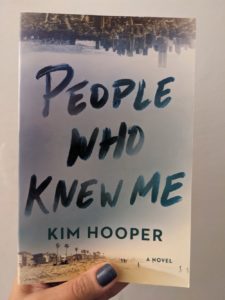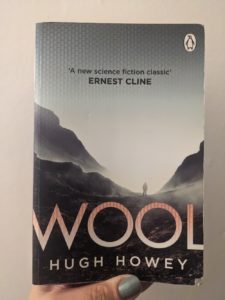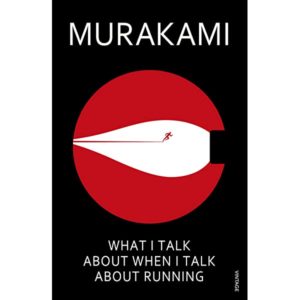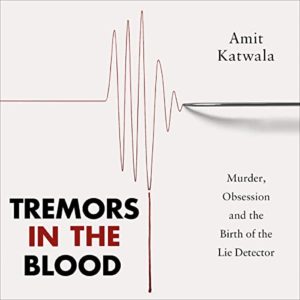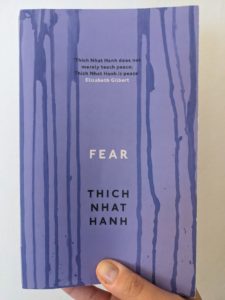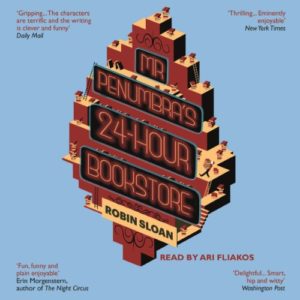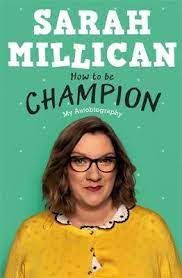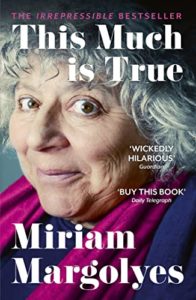 Three Stars
Three Stars
Best for:
People interested in a very comprehensive life history of a well-known character actress.
In a nutshell:
Author Margolyes shares stories of her 80 years, starting before the beginning up through the pandemic to today.
Worth quoting:
While this was an audio book, this one caught me so I had to write it down:
“When people say to me ‘oh I never talk about money, religion or politics’ I say ‘what the fuck do you talk about then? Those are the things that matte!”
Why I chose it:
It kept popping up in my audio book app. I’m familiar with Margolyes’s work in Harry Potter as well as Call the Midwife, so thought I’d have a listen.
What it left me feeling:
Surprised.
Review:
What a ride.
I can’t help but compare it to my most recent memoir read, Pageboy. Both are written by out queer actors, and both share much more about their sex lives than I’d like to know. The obvious difference is that Margolyes is more than twice as old as Page and so had many more years of stories to draw upon. Margolyes is also settled into a very long relationship with her now-wife, though that too is a bit unconventional, which is always refreshing to see.
Margolyes has a very matter-of-fact attitude, and I can’t say that she is someone who I’d enjoy being friends with as she certainly has a ‘I’m right, you’re wrong’ approach to many things, but I did enjoy much of her memoir. I think she owns her own contradictions, which is refreshing to see – for example, she identifies as quite left and socialist, but also accepted the OBE from the British royal family and shares that she quite likes Prince (now King) Charles, and states clearly she knows these two things don’t align. At the same time, I’m also not entirely clear that she understands how problematic some of her past roles were – she performed in black face, and in yellow face – as while she will throw in a ‘not politically correct these days’ comment when referring to them, the reality is those roles weren’t appropriate when she performed them, either.
Margolyes starts her memoir discussing the births and childhoods of her parents, and follows a linear time line from there. As someone who is not super familiar with her work, I greatly appreciated that. She jumps around a little bit, and references stories she will cover in future chapters, but overall she starts and the beginning and brings us up to present day.
There are so many stories in here that name-check actors, and I cannot imagine what the legal review looked like. So much of it feels like the British actor version of TMZ, but perhaps it’s the accent and the fact that she’s had such a long career that I kind of didn’t mind? Like when she shared that she worked with many of the Monte Python men when she was younger and that they were basically all assholes to her.
I like quite a lot of this book, but I did need to address a couple of things that I found frustrating. She is clear about how she feels about her fat body, and for most of the book she’s very matter of fact about it, but she does have a chapter that specifically focuses on her weight and I found it fairly anti-fat. Obviously she’s allowed to feel about her body however she wants to feel, but her comments also apply to other fat people, and they are so negative that I just find it disappointing. She also very graphically discusses her willingess to engage men in oral sex. I think she has a quite healthy perspective on sex, but as I’ve said before, I’m just not interested in the graphic details. Frankly, if I never hear the phrase ‘suck him off’ again, it’ll be too soon.
Throughout the book one common thread is her deep pride in being a Jewish woman. She is clear that she does not believe in the religious aspects of Judaism, but belongs to a synagogue and partakes in the cultural aspects of the religion. She is active in the fight against antisemitism, and is also a vocal supporter of Palestine. The latter has caused some issues for her within her community, and she has a very thoughtful chapter in her book about this. Interestingly, she repeatedly talks throughout the book about how she wants to fight injustice and will speak out whenever she sees it, but in her Harry Potter chapter she didn’t mention the anti-trans activism promoted by the author of those books, and some further googling on my own has shown that she has made some disappointing comments on the topic.
If you do choose to read this one, I recommend the audio book as she does accents for everyone when quoting them, and they are delightful and unexpected.
Recommend to a Friend / Keep / Donate it / Toss it:
Donate it
